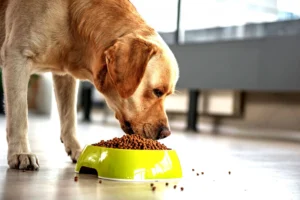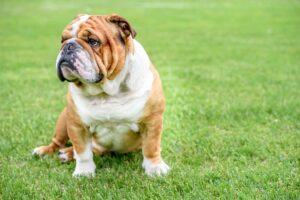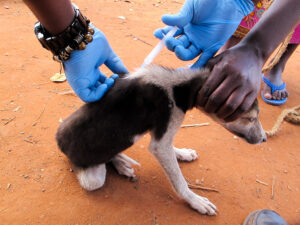Are Dogs Mouths Clean
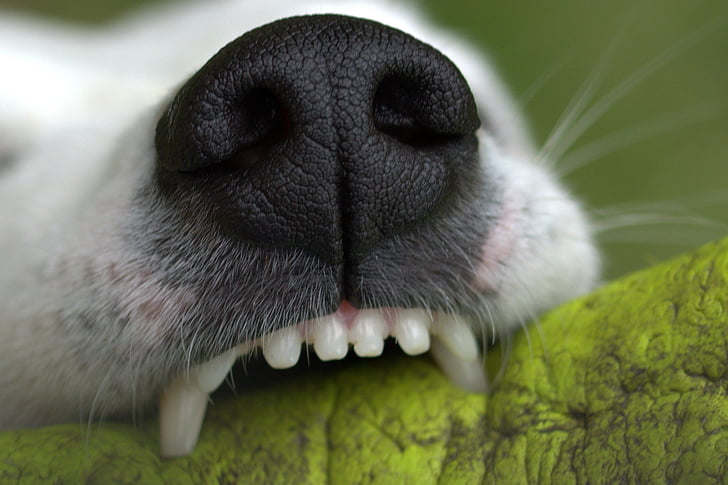
Are dogs mouths clean curious about the age-old question of whether a dog’s mouth is truly cleaner than a human’s? Let’s separate fact from fiction with insights from our team of knowledgeable veterinarians at Richmond. Stay tuned for the truth!
Is a Dog’s Mouth Cleaner Than a Human’s ?
The Myth: Debunking the Dog Mouth vs. Human Mouth Debate”
When it comes to the age-old debate of whether a dog’s mouth is cleaner than a human’s, the answer isn’t as straightforward as you might think. While both species harbor bacteria in their mouths, the comparison is like apples to oranges. Let’s break it down.
First off, dogs and humans host different varieties of oral bacteria. Sure, there might be a handful of similarities, but dogs boast a diverse array of dental bacteria that you won’t find in the human mouth. With approximately 600 distinct species of germs calling a dog’s mouth home, and humans tallying around 615 and counting, it’s clear there’s a unique microbial landscape in each.
So, while you can’t draw a direct parallel between the two, there are some common threads. Take, for instance, the pesky Porphyromonas family. This bunch doesn’t discriminate – it’s equally adept at wreaking havoc in both dog and human mouths, leading to the dreaded periodontal disease. As billions of germs cozy up on the teeth, they pave the way for issues like bad breath, gum recession, abscesses, and bone damage.
But fear not! The good news is that early-stage periodontal disease isn’t a life sentence for either furry pals or their human companions. Both can benefit from diligent at-home dental care, like brushing and using oral rinses. Plus, regular professional cleanings are essential for maintaining oral health in both dogs and humans.
So, while the debate may rage on, one thing’s for sure: maintaining a clean mouth is vital for all creatures, whether they bark or speak are dogs mouths clean.
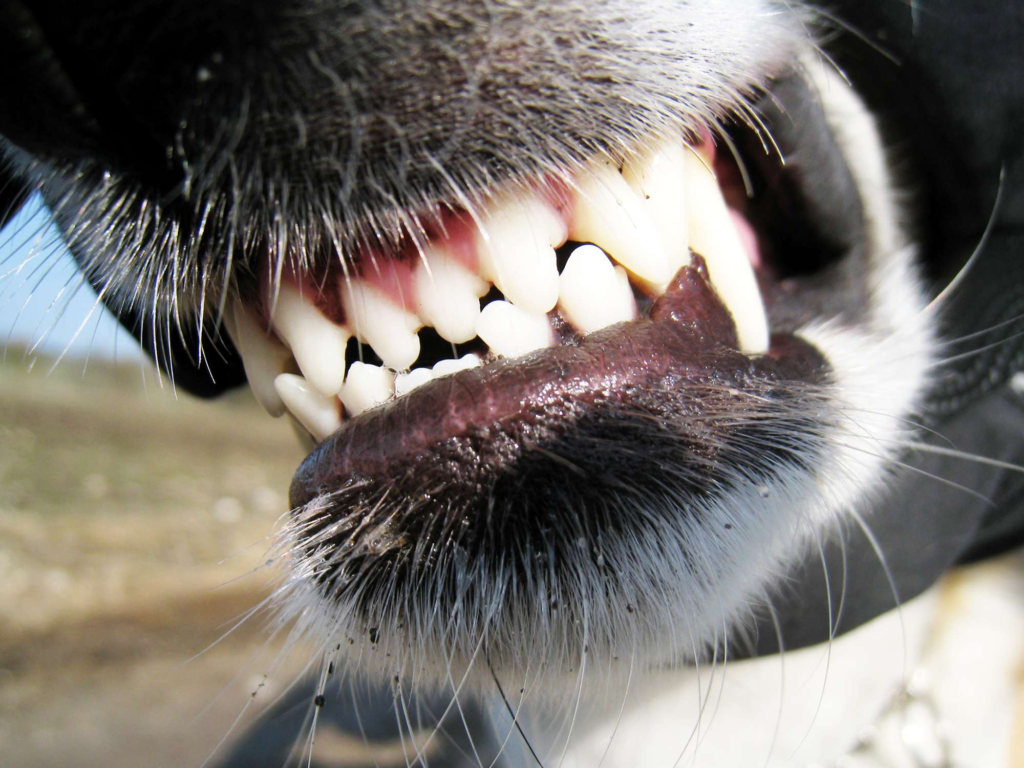
Can You Get Infections and Diseases From Dog Saliva ?
While the likelihood is generally low, it’s important to acknowledge that dogs can potentially transmit bacterial and viral diseases through their saliva. This possibility is particularly relevant in scenarios where direct contact occurs, such as if a dog bites you or if their saliva comes into contact with your nose, mouth, or eyes.
Bacterial Infections
When a dog bite occurs, there’s a risk of harmful bacteria entering the wound, potentially leading to serious infections. Among these bacteria, Capnocytophaga canimorsus stands out, known to be transmitted through bite wounds. Another culprit, Pasteurella canis, is commonly found in the mouths of dogs and can be transferred to humans through bites.
The severity of a dog bite hinges on various factors, including the location of the wound and the individual’s immune system resilience. In cases where the immune system is compromised, the risk escalates.
Should a dog bite occur, swift action is paramount. Cleaning the wound thoroughly with soap and water for at least 15 minutes is crucial before seeking medical attention. This proactive measure helps mitigate the risk of infection.
Furthermore, the transmission of harmful bacteria isn’t limited to bites alone. If a dog consumes contaminated food, such as those tainted with Salmonella or E. coli, there’s a potential risk of transmission if the dog’s saliva comes into contact with a person’s mouth. While raw food diets for dogs may pose a higher risk, all types of dog food can potentially harbor harmful bacteria if contaminated are dogs mouths clean.
Rabies
Dogs have the potential to transmit one of the most dangerous infections known to humans: rabies. This viral disease is primarily spread through the saliva of infected animals, typically via bites. Once the rabies virus infiltrates the body, it targets the nervous system, triggering a cascade of debilitating symptoms.
At the onset, affected dogs may exhibit signs of restlessness and anxiety, signaling the virus’s insidious presence. As the disease progresses, aggression, loss of coordination, and disorientation become more pronounced.
Encountering a dog or wild animal displaying such symptoms is cause for immediate action. Contacting local animal control or the police is paramount, and maintaining a safe distance from the afflicted animal is crucial to prevent potential exposure.
Regrettably, rabies is nearly always fatal once symptoms manifest in dogs, humans, or wild animals. Thus, swift intervention and preventative measures are imperative in mitigating the spread of this deadly virus are dogs mouths clean.

Is it Bad If Your Dog Licks You Then?
Given that skin isn’t particularly absorbent of saliva, the risk of infection from a dog licking your skin is minimal, provided there are no open wounds. However, for individuals with allergies to dog saliva, contact can trigger unwelcome reactions. These might include hives, rashes, or intense itching, highlighting the importance of awareness when interacting with dogs, especially for those with known sensitivities are dogs mouths clean.
How to Clean a Dog’s Mouth
Maintaining your dog’s dental health is paramount to their overall well-being. Incorporating a routine for cleaning your dog’s teeth is key. An efficient approach involves scheduling routine dental check-ups for your furry friend. Ideally, these appointments should occur annually, though more frequent visits may be necessary if your dog encounters dental issues such as periodontitis. By staying proactive with dental care, you can help ensure your dog enjoys a lifetime of good oral health.
At Broad Street Veterinary Hospital, when you entrust your dog to our care for a dental checkup, our skilled veterinarians undertake a comprehensive oral assessment. During this examination, they meticulously inspect for any indications of dental concerns, including:
- Supernumerary Teeth or Retained Deciduous Teeth
- Indications of Oral Bleeding
- Oral Discomfort or Inflammation
- Accumulation of Plaque or Tartar on Tooth Surfaces
- Changes in Tooth Coloration
- Mobility or Fractures in Teeth
- Oral Malodor
If you notice any signs of periodontal disease in your pet, such as decreased appetite (indicating potential tooth pain), unusual chewing habits, excessive drooling, difficulty holding food, or persistent bad breath, it’s imperative to reach out to your veterinarian promptly. They can assist in arranging a dental examination for your pet.
Our comprehensive dental care regimen involves meticulous cleaning and polishing of your dog’s teeth, targeting areas both above and below the gum line. Additionally, we employ tooth probing and x-rays to ensure a thorough assessment. Following this, a fluoride treatment and application of dental sealants are administered to safeguard against future decay and damage. Should advanced periodontal disease be detected, rest assured, we collaborate with you to devise a tailored treatment plan aimed at restoring your pet’s oral health and well-being.
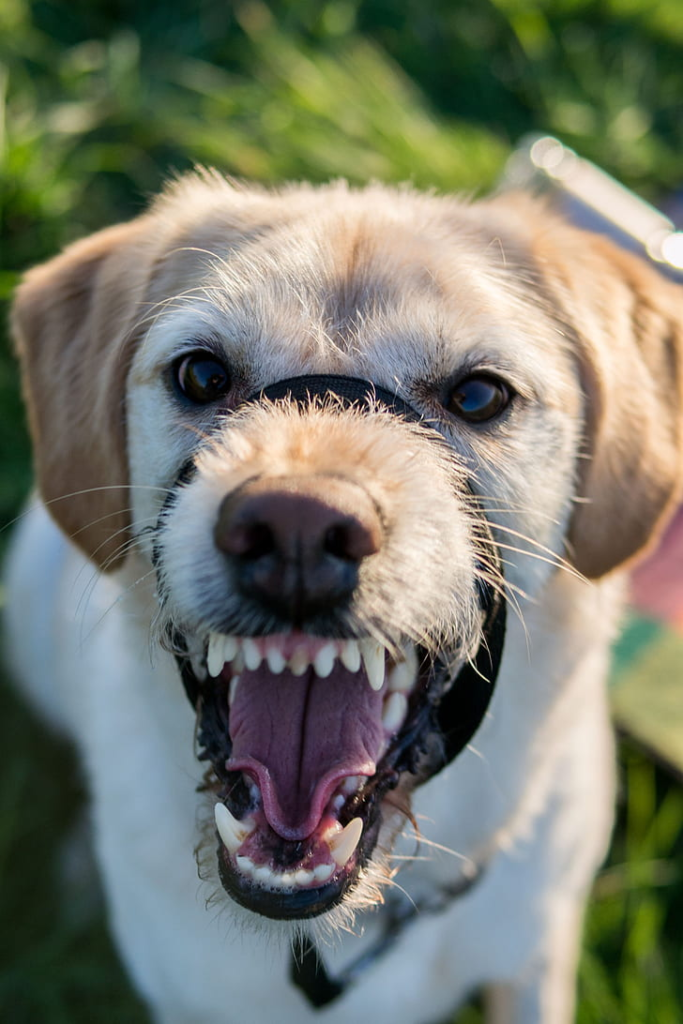
Should I Brush My Dog’s Teeth ?
As a devoted pet parent, you wield significant influence in safeguarding your dog’s dental health. Here are some straightforward yet effective methods you can employ to promote a healthy mouth and maintain your dog’s pearly whites:
- Make a habit of daily tooth brushing using a finger brush recommended by your veterinarian or a soft-bristled child’s toothbrush to effectively eliminate plaque and debris. It’s a simple task akin to brushing your own teeth. If your dog shows reluctance, entice them with dog-friendly toothpaste available in flavors they adore. This simple swap can turn a routine chore into a delightful treat for your furry companion.
- Incorporate a plaque prevention product, as suggested by your veterinarian, into your pet’s dental care routine. These specialized products, when applied to your pet’s teeth and gums, serve as a protective barrier, effectively thwarting plaque buildup. Your vet can recommend suitable options tailored to your pet’s specific needs.
- Delight your pup with treats specially formulated to promote dental health, such as dental chews or food designed to combat plaque buildup and tartar. These delectable goodies serve as a tasty way to support your dog’s oral hygiene regimen, providing both enjoyment and benefits for their teeth and gums.
Ensure your pet’s well-being by prioritizing their dental health as part of their overall care routine. Schedule their annual dental check-up today to maintain their bright smile and overall health. Your furry friend will surely appreciate your proactive approach to their dental care.
